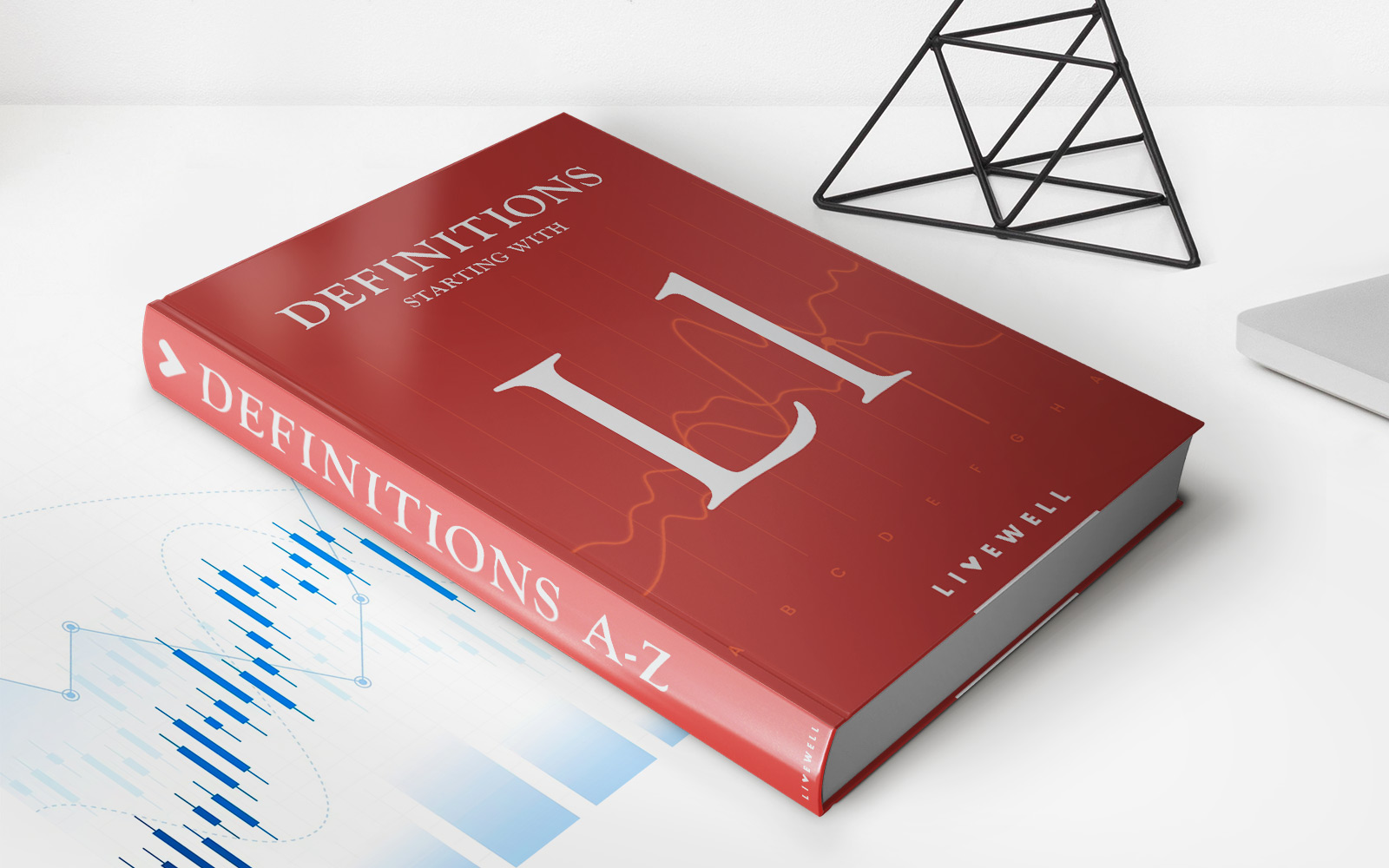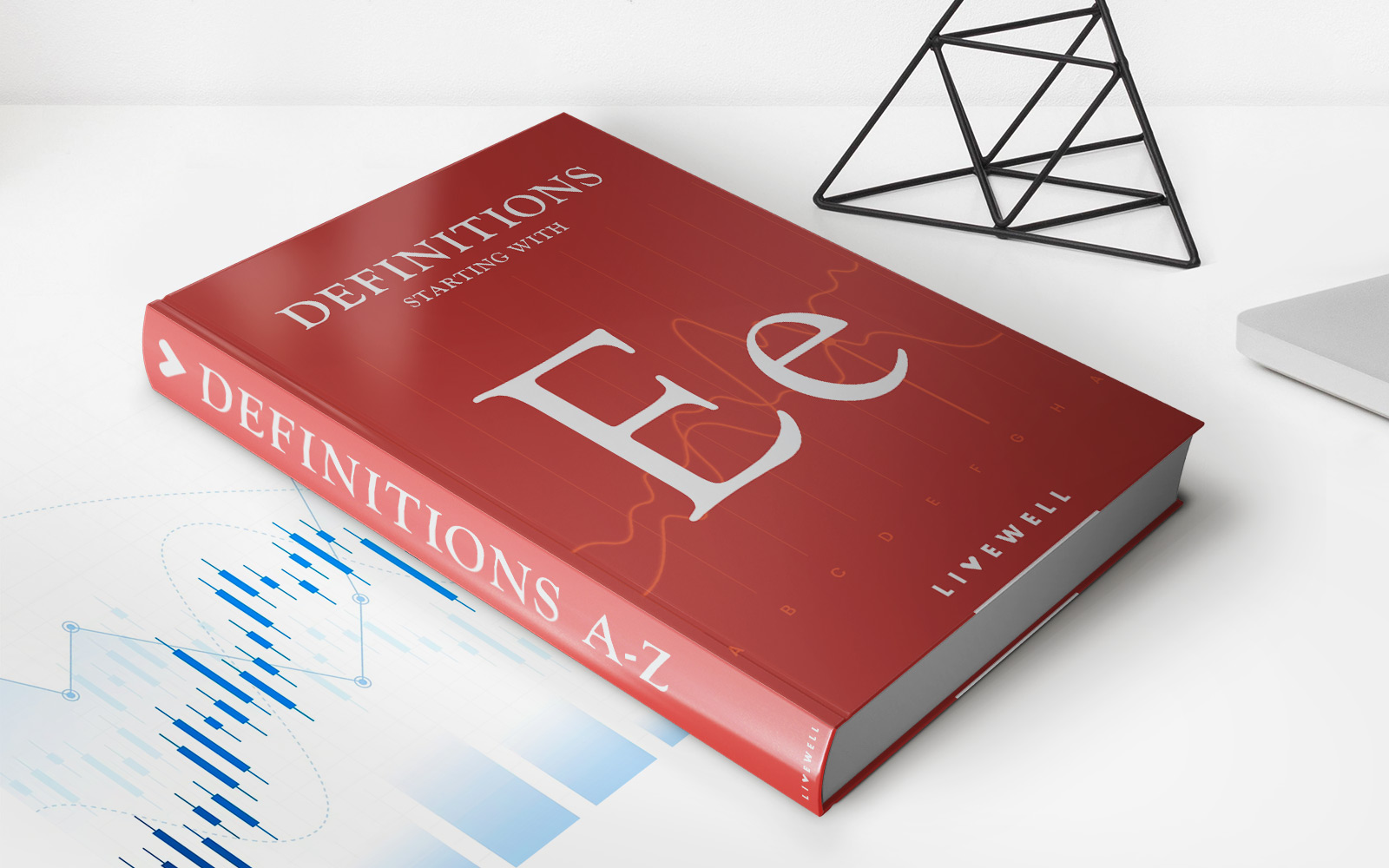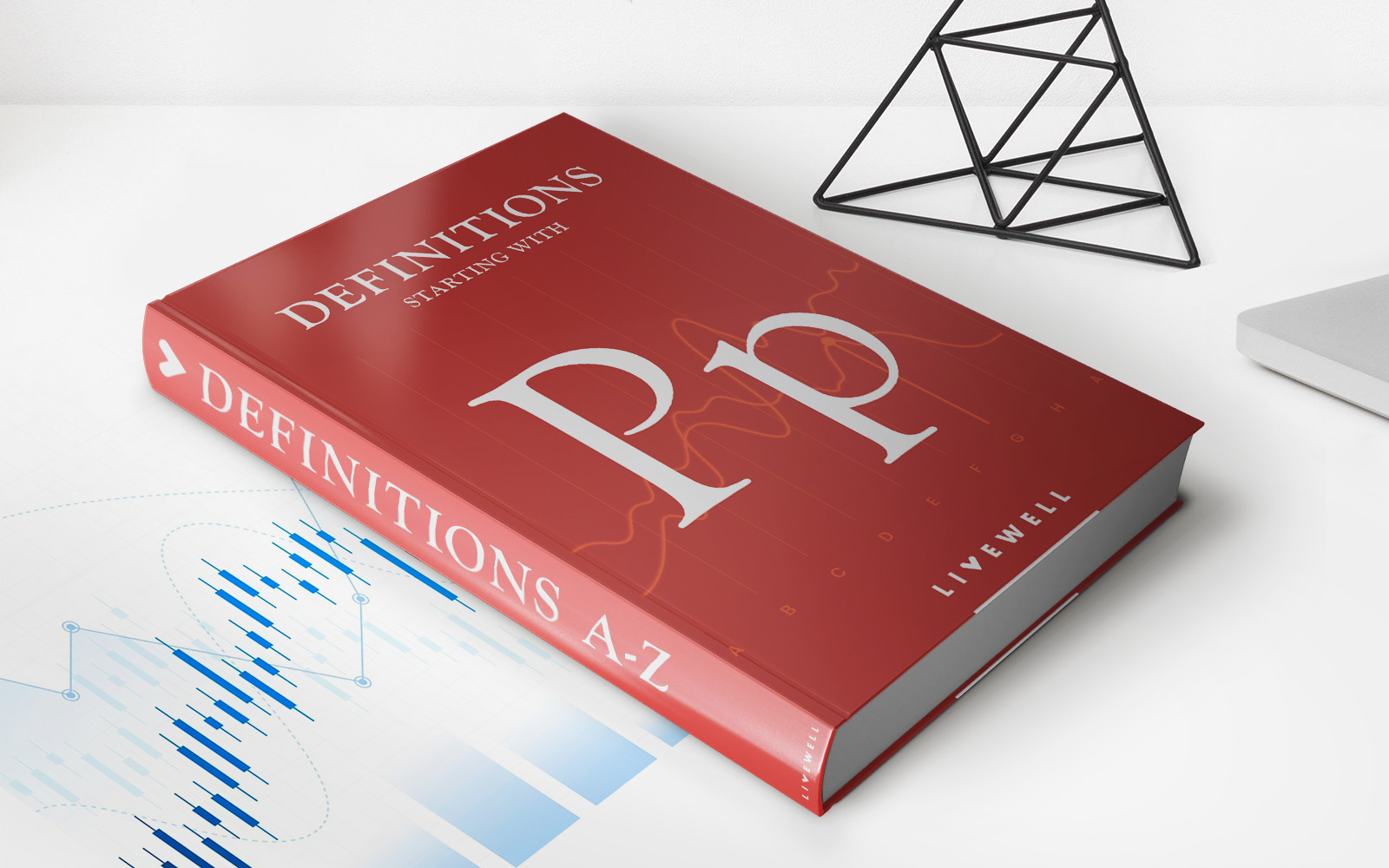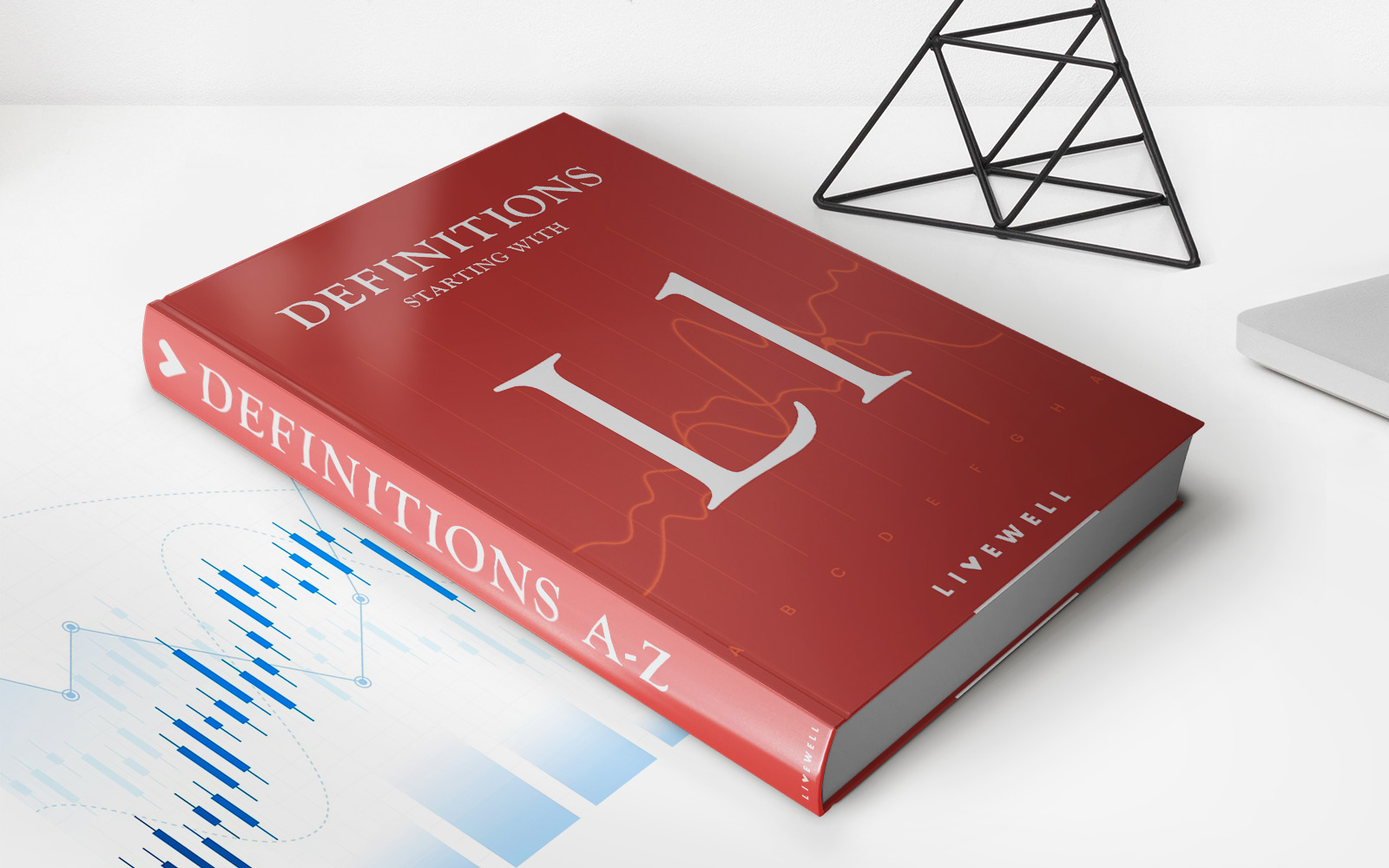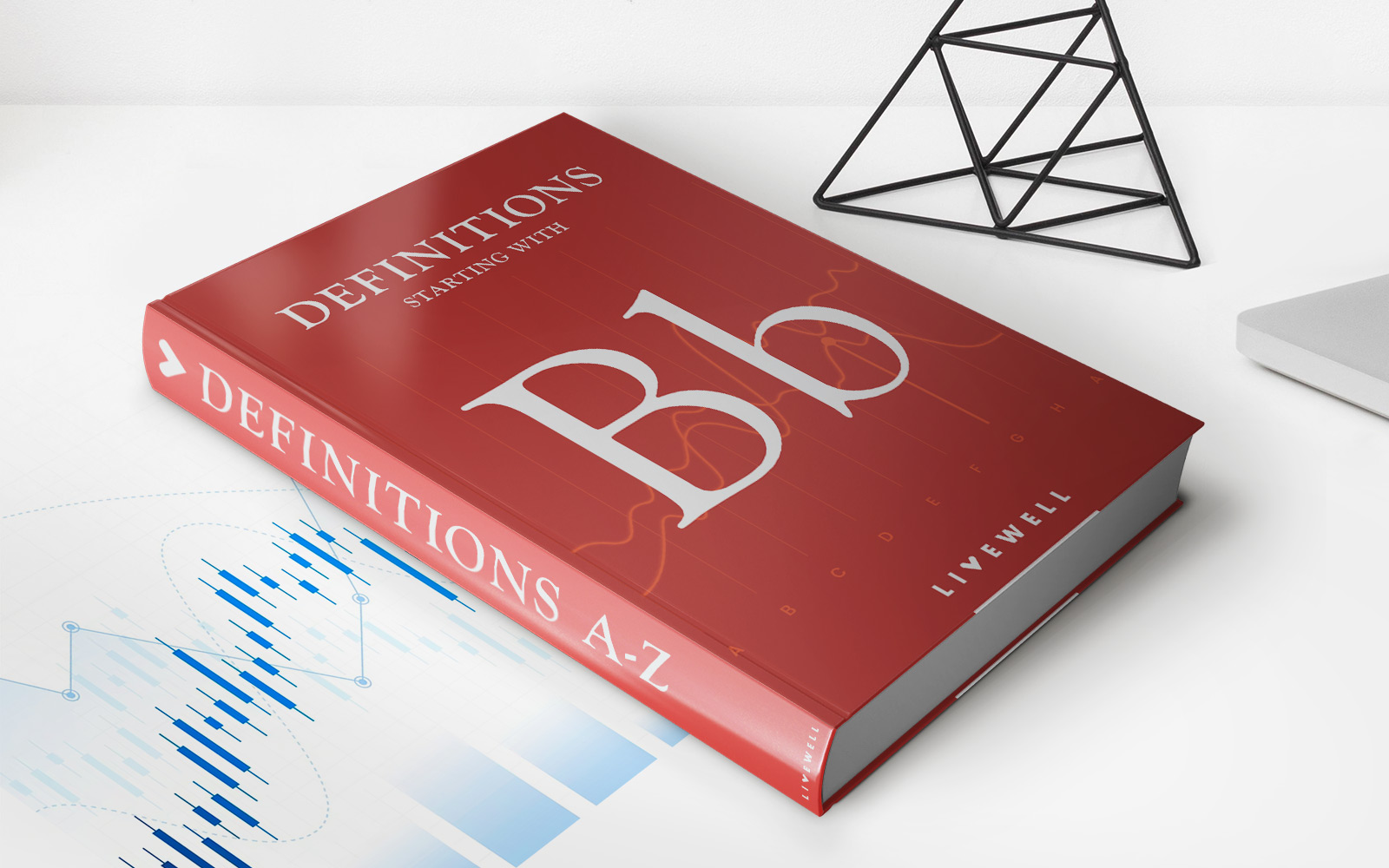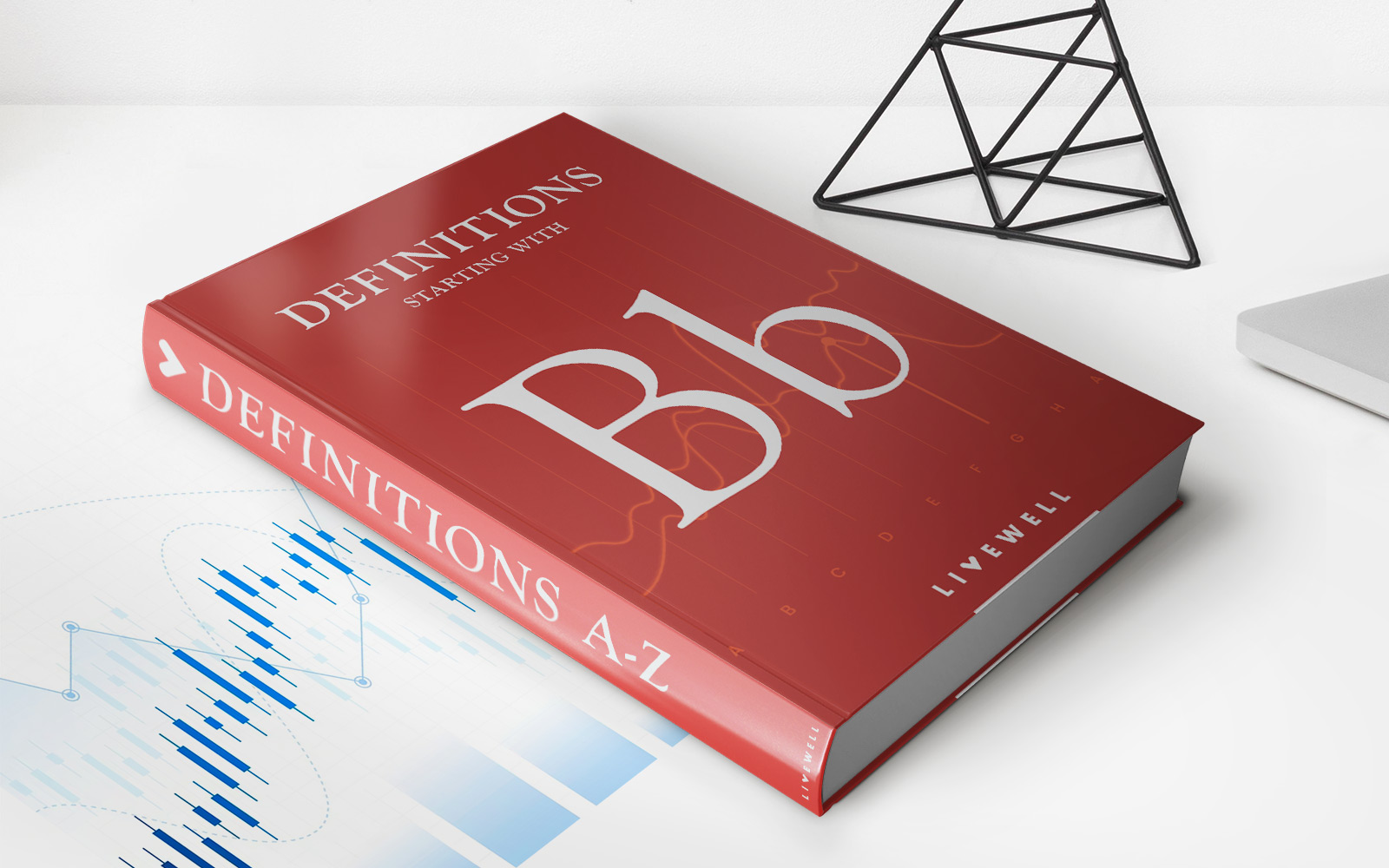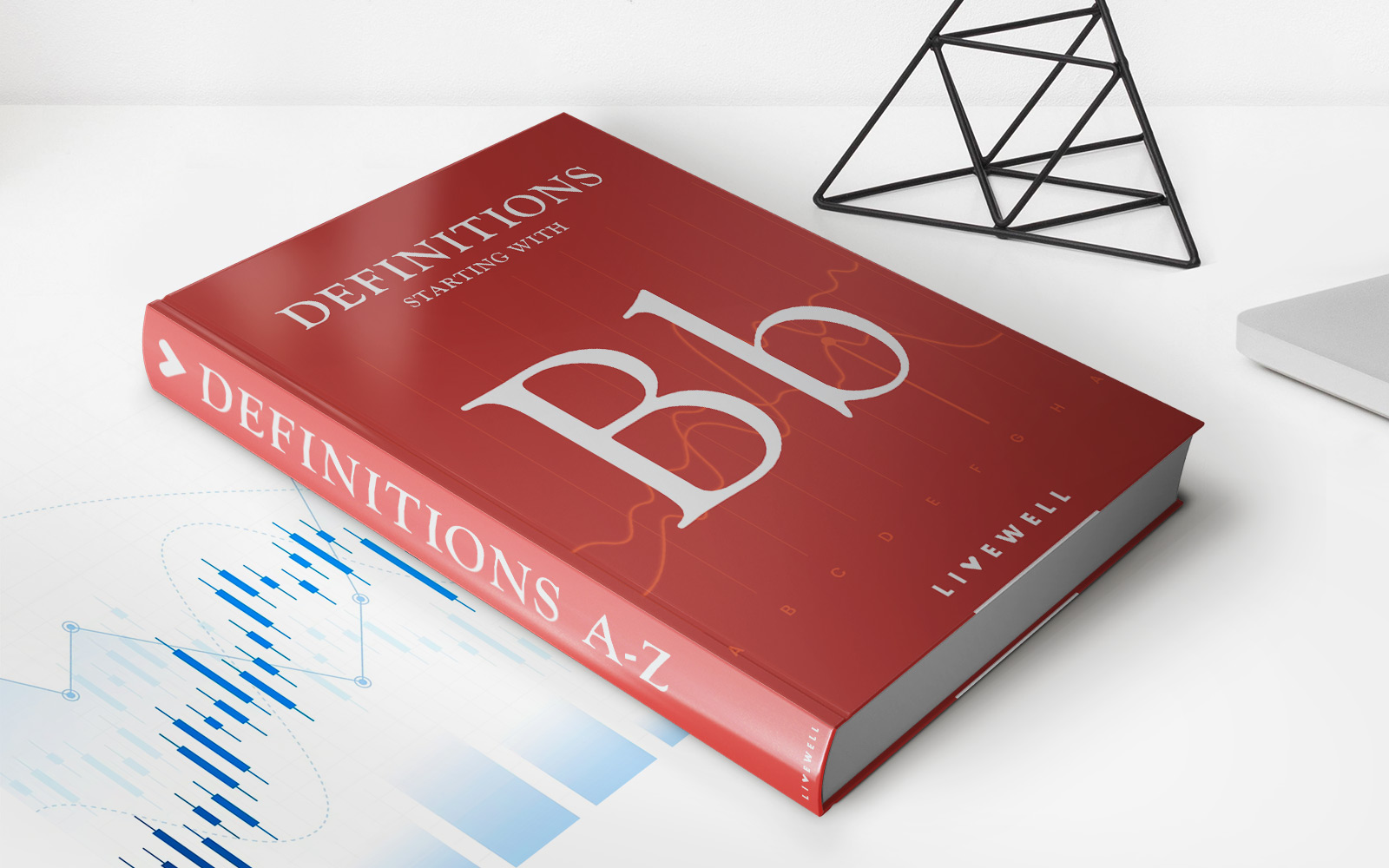Home>Finance>Capital Dividend Account (CDA): Definition And Tax Treatment


Finance
Capital Dividend Account (CDA): Definition And Tax Treatment
Published: October 22, 2023
Learn the definition and tax treatment of Capital Dividend Account (CDA) in finance and maximize your financial gains. Enhance your understanding of CDA's role in tax planning.
(Many of the links in this article redirect to a specific reviewed product. Your purchase of these products through affiliate links helps to generate commission for LiveWell, at no extra cost. Learn more)
A Comprehensive Guide to Capital Dividend Account (CDA): Definition and Tax Treatment
When it comes to managing your finances, understanding various financial terms and concepts is crucial. One such concept that often comes up is the Capital Dividend Account (CDA). In this blog post, we will delve into the definition of CDA and its tax treatment, providing you with all the necessary information to navigate this area successfully.
Key Takeaways:
- The Capital Dividend Account (CDA) is a tax account that tracks certain non-taxable amounts that a Canadian corporation can distribute to its shareholders.
- The CDA is important for shareholders as it allows them to receive tax-free dividends from the corporation.
Now, let’s dive deeper into the topic and explore the Capital Dividend Account in detail:
What is a Capital Dividend Account (CDA)?
The Capital Dividend Account (CDA) is a special tax account used by Canadian corporations to keep track of certain non-taxable amounts that can be distributed to shareholders as tax-free dividends. It is primarily designed to ensure that shareholders are subject to tax only when they actually receive taxable dividends from the corporation.
Think of the CDA as a separate account within the company’s finances, specifically earmarked for tax-free distribution to shareholders.
Tax Treatment of Capital Dividend Account
The tax treatment of the Capital Dividend Account is highly advantageous for shareholders. When dividends are distributed from the CDA, they are typically tax-free for the recipient. This means that shareholders can receive dividends without any additional taxes imposed on their income.
Furthermore, the amount distributed from the CDA to an individual shareholder is not considered taxable income. Therefore, it does not need to be reported on the recipient’s personal tax return.
It is important to note that the CDA can only be used to distribute certain non-taxable amounts, such as the capital gains realized on the disposition of certain assets and life insurance proceeds received by the corporation due to the death of an insured shareholder.
Benefits of Having a Capital Dividend Account
Holding a Capital Dividend Account can provide several benefits to both corporations and shareholders:
- Tax Savings: By utilizing the CDA, corporations can distribute tax-free dividends to their shareholders, resulting in potential tax savings for both parties.
- Flexibility: The CDA offers flexibility in distributing funds to shareholders without the tax consequences associated with taxable dividends.
- Estate Planning: The CDA can be a valuable tool for estate planning, especially in cases where there are capital gains or life insurance proceeds involved.
Conclusion
The Capital Dividend Account (CDA) is an essential component of Canadian tax law that allows corporations to distribute non-taxable amounts to shareholders as tax-free dividends. By understanding the definition and tax treatment of the CDA, both corporations and shareholders can take advantage of its benefits and save on taxes.
So, whether you are a shareholder receiving dividends or a corporation looking to optimize its tax strategy, familiarizing yourself with the Capital Dividend Account is crucial for a solid financial plan.
Remember, when in doubt, it is always advisable to consult with a qualified tax professional or financial advisor to get personalized advice tailored to your specific situation.


